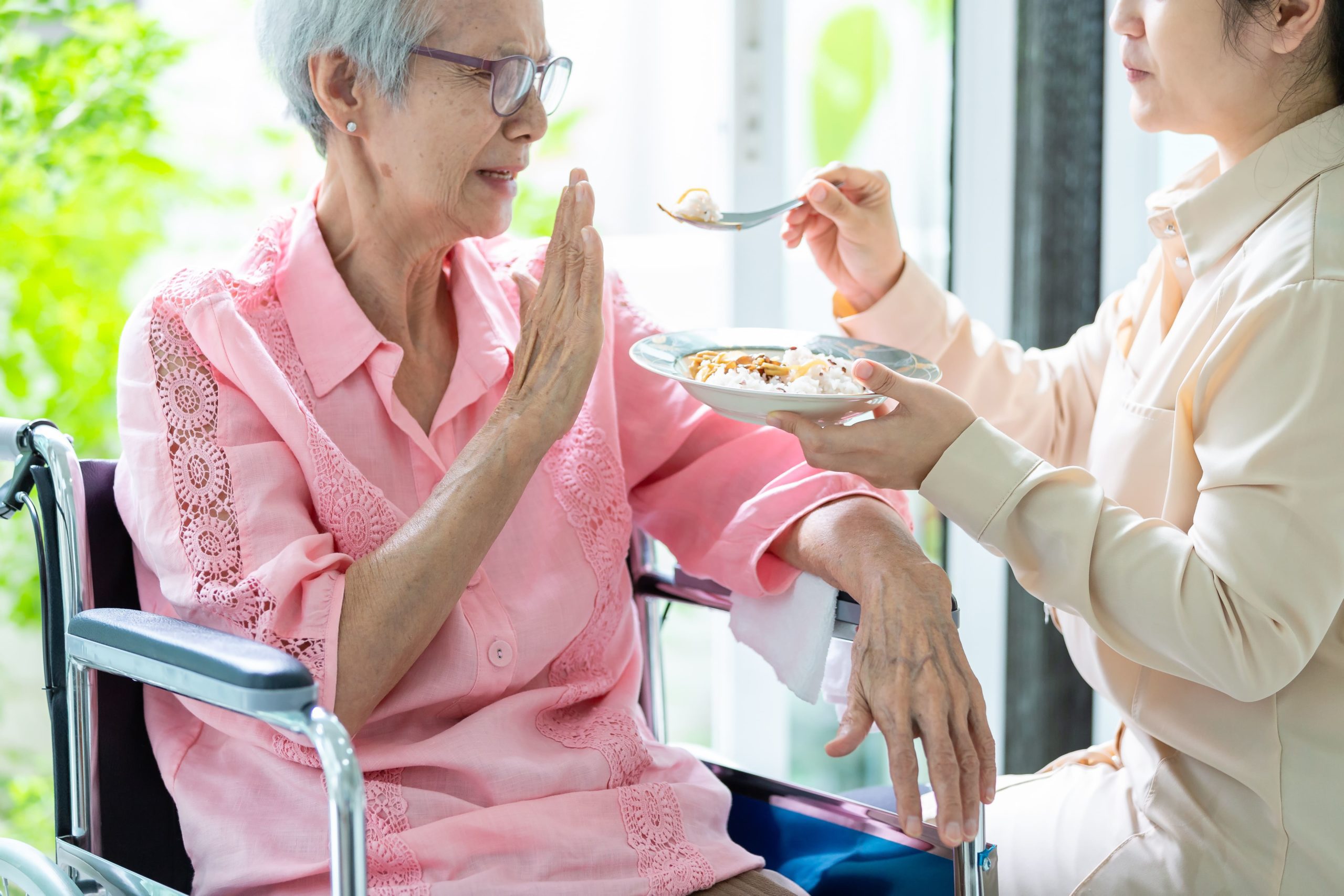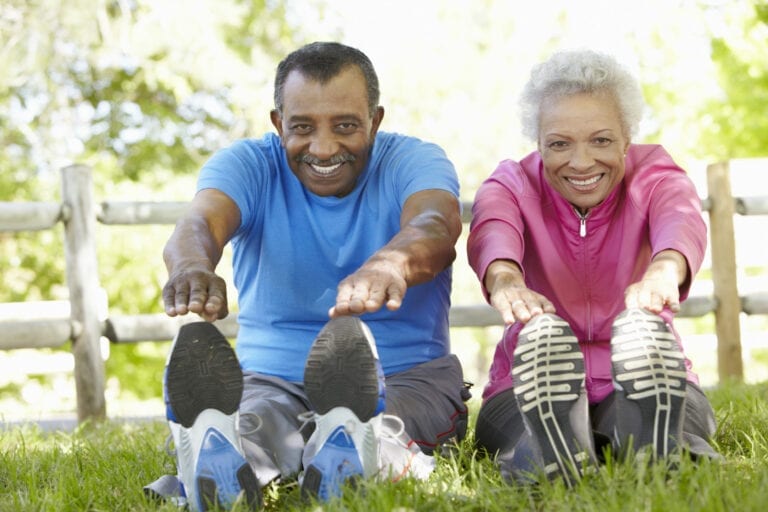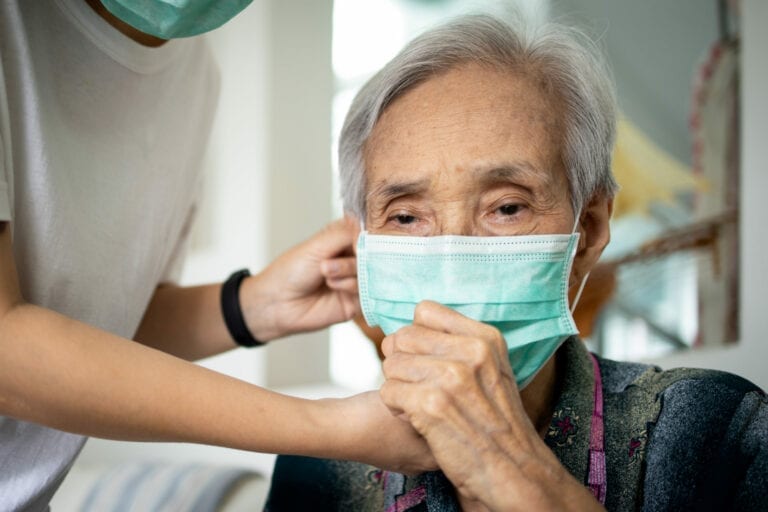Adults who are becoming older need a nourishing and well-balanced diet since their bodies require more fuel to function at their best and to keep their health in the best possible condition. Your elderly friend or family member may start to encounter changes in their appetite as they age, making it far more difficult for them to acquire the nutrition they need. When you’ve worked hard to cook dinner for someone you care about, it can be difficult to watch as they take only one or two bites before throwing them away. This frustration can lead to conflicts and stress among family caregivers as they do all in their power to get their loved ones to eat the meal prepared for them. Even though losing appetite is a normal side effect of aging, not getting enough nutrients can lead to physical and mental health issues. If you want to assist a loved one, and avoid problems related to malnutrition, remembering these simple tips can be of great aid. Here our discussion is about the loss of appetite in the elderly.
Reasons for hungry but no appetite in the elderly
As we age, our appetites change. However, as we age, we must adapt to these changes by supplementing and ensuring that the body receives the necessary nutrients.
The following four primary causes of hungry but no appetite in the elderly. include physiological, altering taste buds, psychological issues such as despair and worry, and reductions in cooking enthusiasm and skill.
1-Physiological Changes
Our metabolic rate slows as we age. We also tend to move less, resulting in a diminished appetite. If your elderly loved one is well and eating enough, there is no issue. However, a lack of appetite in the elderly has been connected to more serious health diseases, such as poor dental hygiene, gastrointestinal troubles, cancer, thyroid disorders, Parkinson’s disease, and Alzheimer’s disease. Consult a doctor or other medical expert if a loved one is losing weight or displaying other unsettling changes. If appropriate, they may discuss lifestyle modifications or prescribe an appetite stimulant.
2-Changing Taste
In the elderly changing taste is one of the major reasons for hungry but no appetite. After decades of labor, some people’s taste receptors become duller. Some side effects of drugs include altered taste, smell, and dry mouth. All these stressors can inhibit appetite, but there are easy ways caregivers can assist. Chewing sugarless gum, for instance, helps avoid dry mouth, and brushing teeth frequently improves taste perception.
Have you ever heard the expression, “we eat with our eyes?” Paying attention to colors and presentation is one method to improve the dining experience for those with evolving tastes. A colorful, artfully organized, healthful food is more delicious than a heap.
3-Emotional Issues
Emotional issues are also behind the loss of appetite in the elderly. Consider a life spent preparing and eating with a partner or family and how lonely an individual may feel while dining alone. It can be difficult for seniors who live alone and are aging in place to take an interest in food. For persons with anxiety and depression, this lack of enthusiasm for cooking and eating can be a serious issue.
4-Change in Cognitive or Functional Ability
Changes in your elderly loved one’s abilities, and mental state can also affect their dietary intake. Grocery shopping, cooking, and navigating the kitchen have become tough. Or they need to be more disoriented while following recipes. Seniors may lose interest in cooking or be concerned with food costs.
What Can Caregivers Do to Help?
There are numerous methods by which caregivers can promote healthy eating to tackle the loss of appetite in the elderly, including grocery shopping, cooking, and eating together. Here are some recommendations to make sure your loved one gets enough nutrition:
1-Eat with Them
Eating is a social activity, and sharing a meal is a wonderful opportunity to interact and spend quality time with others. Research indicates that when a senior eats with others, mealtimes might continue up to twice as when they eat alone. This number increases as additional individuals join the lunch.
2-Help Them Stay Hydrated
Hydration is essential to senior health maintenance. In addition to encouraging your elderly loved one to drink plenty of water, soup, Popsicles, juice, smoothies, and milk can assist in guaranteeing that they are consuming sufficient fluids.
3-Help Them Stock Up
Assisting your elderly loved one with grocery shopping, maintaining a well-stocked pantry, and meal planning and preparation can eliminate their struggle and allow them to enjoy eating again. Numerous local organizations give help to low-income elders.
4-Help Them Find Social Eating Opportunities
Consider possibilities for both formal and informal social meals. Numerous senior centers, community centers, and churches provide elders with meals. Establishing regular “dates” with family members, friends, and neighbors might further stimulate the appetite of your elderly loved one. Consider senior meal delivery services in the area where your aging loved one resides.
5-Look for Changes in Appetite
Some hunger changes are caused by physical difficulties, such as ill-fitting dentures or “dry mouth.” If a loved one is experiencing troubles with their dentures, schedule an appointment with their dentist. Chewing sugar-free gum helps alleviate dry mouth. In addition, research indicates that umami flavors — a combination of “salty, sweet, sour, and bitter” — can soothe dry mouth and stimulate appetite in seniors.
Because taste buds become less sensitive with age, enhancing the flavor of food might make it more attractive. However, instead of grabbing for salt, use healthier herbs and spices.
6-Help Them Make Healthy Choices
The National Institutes of Health (NIH) advises selecting nutrient-rich foods, such as an abundance of fruits and vegetables, whole grains, low-fat or fat-free dairy products, lean chicken and meats, seafood, eggs, and nuts. Avocados and peanut butter are examples of nutritious and delicious snacks. “Eating the rainbow” is a strategy to guarantee that elderly people’s meals are healthful and visually appealing.
What is a No appetite covid?
Even though no appetite covid is a lesser-known symptom, findings indicate that one-third of those infected experience it.
Meal skipping was first observed in nursing homes. Caregivers observed that their patients were losing their appetites, a common symptom of their condition. Loss of appetite is a common symptom of illness and can be caused by feeling too ill or exhausted to prepare or consume a meal.
No appetite covid indicates ill health, and you should look for it in elderly relatives or those you care for.
Home Care Near Me. Let’s Get Started!
Get Immediate Help with Information, Costs & Payment Options.







